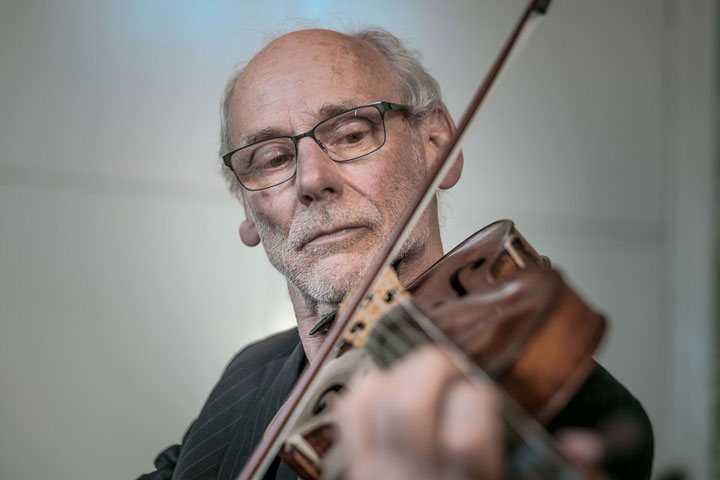
THE Academy’s Autumn Concert opened with Gabriel Faure’s Suite: Masques et Bergamasques, Op. 112. Not only have I never heard of this work, but I would never have recognised Faure as the author.
The opening Allegro, brimming with pastoral wit and energy, was delivered with clear relish but I couldn’t get the musical image of the great Arthur Sullivan out of my head. And then to the ball. The performance vividly reimagined the aristocratic formal nonsense in this ritualised Menuet. But goodness me, the signing off was simply divine. The Gavotte was rhythmically tight, the strings holding the melodic line with cute woodwind contributions.
As a stand-alone movement, the closing Pastoral worked just fine, and it was well performed too. But I could not link it whatsoever to the first three movements; not sure if it was a Faure thing or a me thing. Probably the latter.
On the whole, Bruckner’s Adagio (from the String Quintet in F Major) was both committed and persuasive. The contrapuntal dialogue was well expressed – clear and nicely judged. There were, however, some intonation issues but with the strings so exposed, there are no hiding places.
I have waited years to say this: the Beethoven (Rondino in Eb for Wind Octet, WoO – whatever that is, 25) was dreadful. Irredeemably so.
It wasn’t that the horns weren’t quite on top of their game, which they weren’t, but that the music in the contrasting central section was meant to be humorous; alas it wasn’t. Indeed the musical ‘jokes’ made Shakespeare’s gags sound as though they were written by Ben Elton.
OK, there was some excellent woodwind playing, especially Lesley Schatzberger (clarinet) whose playing was simply divine.
The ‘brass fanfare’ ushering us politely back to our seats always works well and the Scottish piper’s piobaireachd [pipe playing] announcing Mendelssohn’s ‘Scottish’ Symphony No. 3 was a delight.
I really enjoyed the Academy’s performance of this remarkable symphony: it was infused with a buoyant energy, lovely phrasing, reliable string playing – the key to success – and top-notch woodwind contributions – for example, Alexandra Nightingale (oboe) in the closing Allegro Guerriero.
What struck me in Alan George’s assured direction was the weighty, solemn sound world of Beethoven or indeed Brahms. Not throughout, which would have been overwhelming, but in the opening Andante con moto and third movement Adagio with its stirring, almost triumphalist, processional music. The touching, lyrical wind and string responses humanised matters. Impressive.
Review by Steve Crowther
